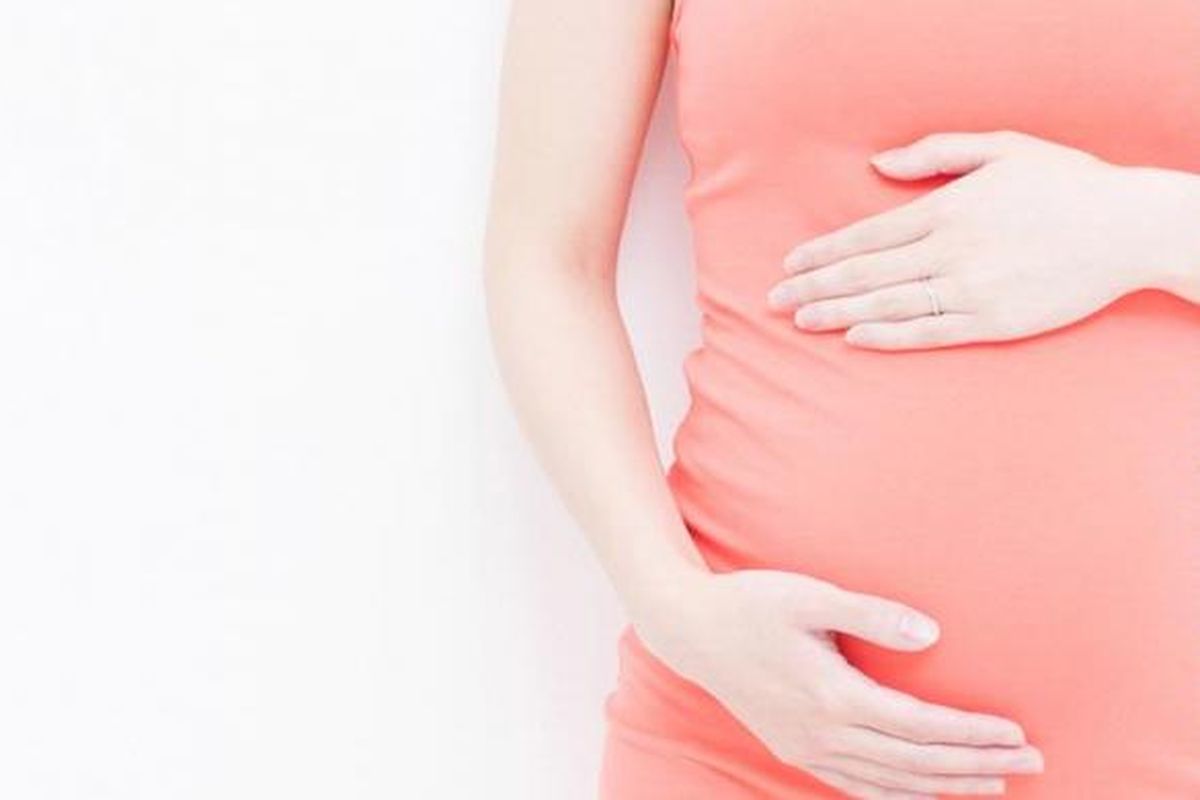Roe v. Wade Reversal a Real Threat following Death of Ruth Bader Ginsburg

Planned Parenthood, the nation’s largest abortion provider, says that if Roe were dismantled, sweeping bans could be imposed in 20 states that are home to an estimated 25 million women of reproductive age.
The high court has plenty of options if it wants to reexamine Roe. Planned Parenthood’s president, Alexis McGill Johnson, says there are 17 cases involving state-level abortion restrictions that are pending in federal courts “only one step away from the Supreme Court”.
Julie Burkhart, who operates abortion clinics in Oklahoma City and in Wichita, Kansas, already has a sense of the consequences of a Roe v. Wade reversal, based on events this year in the early months of the coronavirus pandemic.
The governors of Texas and some other Republican-led states issued executive orders banning most abortions on grounds they were non-essential medical procedures.
Read also: Mike Pence Warns US Republicans: “You Won’t Be Safe” under Joe Biden
Before those bans were quashed, many Texas women journeyed to out-of-state abortion clinics, including Burkhart’s Wichita clinic where the patient load quadrupled at one stage.
”It gave a peek into what a post-Roe world would look like, which was not a pretty sight,” Burkhart said. “It was devastating and heartbreaking.”
There are numerous organizations assisting women who need to travel out of state to access abortion, and such efforts are likely to expand if state abortion bans are permitted.
There’s also likely to be an increase in do-it-yourself abortions, according to attorney Jill E. Adams of If/When/How, which seeks to provide accurate information about this option and discourage authorities from criminalizing it.
Already, many abortions are induced at home with a two-drug combination, under the guidance of a health professional.
Advocacy groups say home abortions using one of the drugs — misoprostol — can be done safely without professional oversight.
“If Roe is overturned or gutted, more people will need this option,” Adams said.
Last year, at least eight states passed sweeping abortion bans — most of them so-called heartbeat bills that could ban abortion as early as six weeks into a pregnancy. Tennessee lawmakers approved such a measure this year.
All the new bans have been at least temporarily blocked by judges.
In June, a divided Supreme Court struck down a Louisiana law regulating abortion clinics, reasserting a commitment to abortion rights over opposition from dissenting conservative justices in the first big abortion case of Trump's presidency.


































